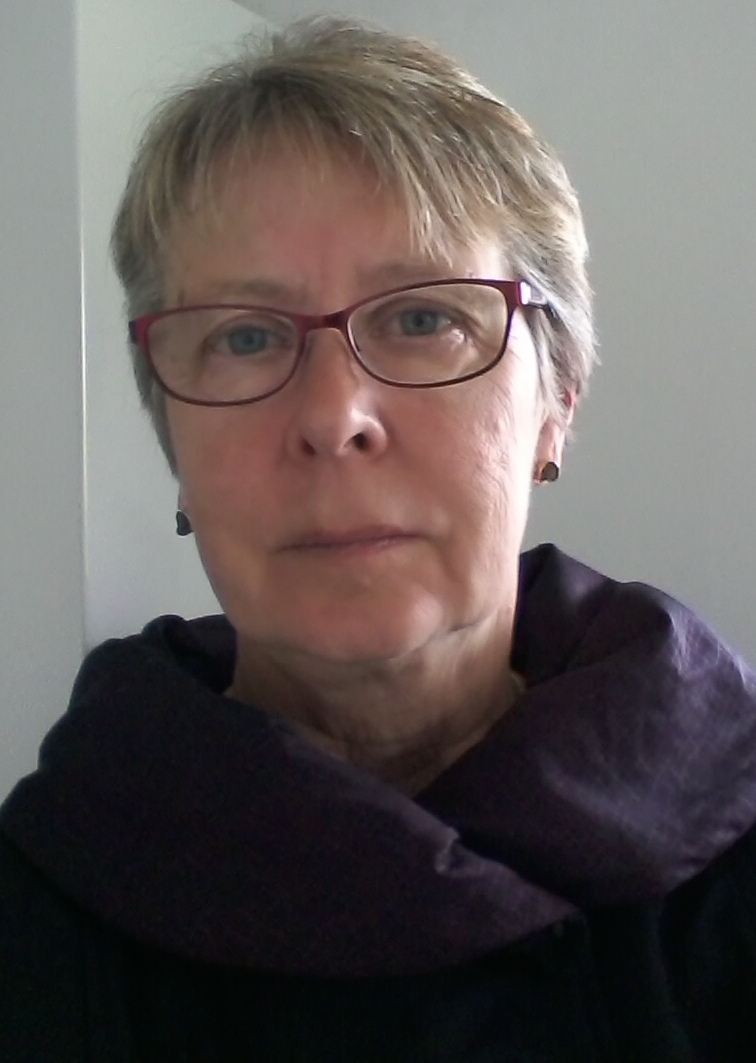Keynote SpeakersJean-Loup Bourget An emeritus professor of cinema studies at the Ecole normale supérieure (Ulm) after having been a professor of American literature at the Sorbonne Nouvelle-Paris 3, Jean-Loup Bourget has devoted most of his research to classical Hollywood cinema, its genres and auteurs, notably to Europeans working in Hollywood such as Lubitsch, Lang, Sirk, Renoir or Hitchcock ; he has also written on Altman, Ford, DeMille and Vidor. Trained in the field of English studies, he has always located cinema in the cultural context it shares with other arts, such as painting and music (Hollywood, la norme et la marge, 1998 ; 2e éd. Armand Colin, 2016). His most recent publication is a genetic, esthetic and contextual analysis of Rebecca, in which he attempts to distinguish the contributions of the various ‘auteurs’ of the film (Hitchcock, Selznick, Daphne du Maurier…), to broaden the question of adaptation to that of first-person narration in 1940s cinema, and to underscore the elements of social satire that, in this first Hollywood film of Hitchcock’s, take up some of the themes of his English period (Rebecca d’Alfred Hitchcock, Vendémiaire, 2017).
Ella Westland When Ella Westland moved to Cornwall in 1989, on taking up a lectureship at the University of Exeter, she continued to publish on feminist issues and Victorian literature (her Harvard doctoral thesis was on Charles Dickens). But she quickly grew fascinated by representations of Cornwall and began collaborating with the University’s Institute of Cornish Studies, editing a collection on Cornwall: The Cultural Construction of Place (1997) and publishing articles on Cornwall’s romanticisation and D.H. Lawrence’s passion for West Penwith. An enthusiast for the work of Daphne du Maurier, Ella was one of the founders of the annual Daphne du Maurier Festival, making radio and television appearances, and organising academic conferences to coincide with the first festival in 1997 and the centenary festival in 2007. She contributed to Virago’s Daphne du Maurier Companion (2007) and brought out Reading Daphne: A Guide to the Writing of Daphne du Maurier (2007). She also wrote the introduction to the Virago edition of Rule Britannia (2004), the novel that drew unexpected media attention after Britain’s referendum on EU membership in 2016.
Gina Wisker Gina is Professor of Contemporary Literature & Higher Education with principal research interests in contemporary women’s Gothic and postcolonial writing. She has published: Contemporary Women’s Gothic Fiction (2016), Margaret Atwood, an Introduction to Critical Views of Her Fiction (2012), Key Concepts in Postcolonial Writing (2007), and Horror (2005). Other interests are postgraduate study and supervision: The Postgraduate Research Handbook (2001, 2008), The Good Supervisor (2005, 2012), and Getting Published (2015). Gina edits online dark fantasy journal Dissections, and poetry magazine Spokes. She is a member of the World Horror Association, board member of Femspec and the Katherine Mansfield Association, and past chair of the Contemporary Women’s Writing Association.
|




